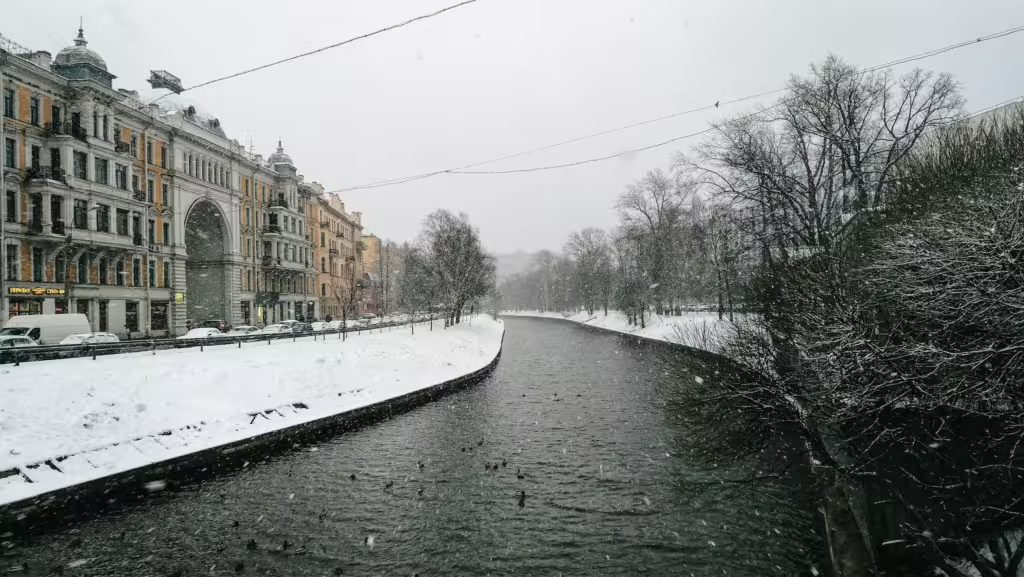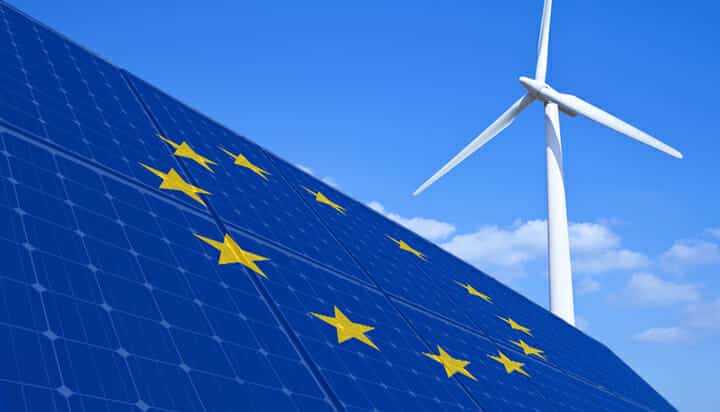As everybody who’s anybody prepares to fly to Glasgow to experience a sharp drop in temperature and save the planet by rejecting fossil fuels, except for all the people who aren’t going or won’t save the planet like Vladimir Putin and Xi Jinping, the New York Times suddenly warns that “The Most Important Global Meeting You’ve Probably Never Heard Of Is Now/ Countries are gathering in an effort to stop a biodiversity collapse that scientists say could equal climate change as an existential crisis.” What? There’s another environmental issue? Why weren’t we told? Who said all carbon all the time? Oh, right. Everybody who’s anybody.
Including Justin Trudeau. Whose nimble awareness of the Zeitgeist and lack of ponderous mental baggage led him to spring onto the bandwagon with a Tweet that “The twin crises of climate change and nature loss are impacting our environments, our health, and our livelihoods. It’s up to all of us to tackle these challenges, but we need to be bolder and act faster.” So you’re not already saving us? Perish the thought. His Tweet immediately continued “Our government is committed to doing that.” We were on it all along. Just forgot to say so.
Those of us with more weight on our shoulders wonder whether perhaps some day we can have a problem that is worth solving without being “an existential crisis”. It gets tiring. People burn out. Especially if they find they’ve been lied to. But maybe this time is different. What if the biodiversity crisis is real but gets ignored and the climate crisis is not but gets all the attention? How dumb would the smart people look? How long is it since you last heard an activist, politician or journalist say that our biggest environmental problem was anything other than global warming, whether or not they bought the all-evils-are-one vision?
There was a time when the environmental movement had a lot on its mind. It could worry about both acid rain and overfishing at the same time. But now it’s all climate all the time.
Sitting through the 1972 semi-classic Silent Running starring Bruce Dern and three adorable drones Louie, Huey and Dewey, or 1973’s Soylent Green “starring” Charlton Heston (or trying to), it’s easy to forget that these films presented a powerful warning about our inherent dependence on nature and the hazards of our assault on it. They helped shape the thinking of a generation. So what happened? How did we forget?
The Times just remembered with a jolt: “As 20,000 government leaders, journalists, activists and celebrities from around the world prepare to descend on Glasgow for a crucial climate summit starting late this month, another high-level international environmental meeting got started this week. The problem it seeks to tackle: A rapid collapse of species and systems that collectively sustain life on earth. The stakes at the two meetings are equally high, many leading scientists say, but the biodiversity crisis has received far less attention. ‘If the global community continues to see it as a side event, and they continue thinking that climate change is now the thing to really listen to, by the time they wake up on biodiversity it might be too late,’ said Francis Ogwal, one of the leaders of the working group charged with shaping an agreement among nations.”
It seems to us that the point is a valid one. In CDN Executive Director John Robson’s 2017 documentary The Environment: A True Story he showcases the scene from Soylent Green in which Heston bursts into his old friend Sol’s state-sponsored euthanasia complete with video of now-vanished ecosystems from oceans to prairies. And Heston bursts into tears and says “How could I know? How could I… how could I ever imagine?” How is it possible, a half-century later, that we’re again potentially in that position?
Well, one possibility is that climate change sucked all the oxygen out of the room, or all the CO2. Of course the Times can’t face that possibility, and says instead “Because climate change and biodiversity loss are intertwined, with the potential for both win-win solutions and vicious cycles of destruction, they must be addressed together, scientists say.” Huh? Isn’t climate change all about GHGs? And isn’t everything including worms a dreadful hazard because biological processes keep cranking out CO2?
Actually the standard model of man-made global warming is very reductionist, overlooking the existence of complex feedback cycles in favour of amplifying effects and tipping points all based on an essentially monocausal explanation. OK, there are several greenhouse gases. But it’s all about the carbon. And now we hear that “‘The diversity of all of the plants and all of the animals, they actually make the planet function,’ said Anne Larigauderie, an ecologist who directs a leading intergovernmental panel on biodiversity. ‘They ensure that we have oxygen in the air, that we have fertile soils.’” If true, biodiversity might actually generate a robust carbon cycle that happily absorbs an increase and turns it into, who knows, global greening.



What I find interesting about the biodiversity crisis is that whenever you ask any so-called expert to give some concrete examples of species that have actually disappeared in the last ten or twenty years, they suddenly start talking about computer models. Now if only some of the climate models would become extinct, the world might be a better place.
Less people, hopefully climate warming evangelists in particular, would go a long way to making our environment more welcoming to the biom...
I think the alarmists feel the attention and urgency of their previous threats are waning and are coming up with yet another problem that cannot be readily substantiated from which to scream; "the sky is falling."
In our post Christian western cultural miasma, aversion to theocracy has now waned in favour of utilizing the state for (faith-based) social engineering on massive scales. The more traditional hysteria merchants such as the anti-development programs like Agenda 21, rationalized by the biodiversity mantra, have likely looked upon the successes of their cousins preferring the CAGW hysteria emphasis with envy and want in on the orgy of state and institutional anti-industrial pursuit. Of course, the whole project is clouded over such that it's difficult to distinguish between the deep greens with fantasies of depopulation and the cultural Marxists more intent on replacing remaining liberty with something much more coercive.
Hmm... Don't I remember reading somewhere... Oh yes in Patrick Moore's book about fake catastrophes, that biodiversity increases with temperature, so global warming should increase biodiversity. Reducing biodiversity is probably more fake nonsense from environmentalists like seabirds mistaking plastic for food & the 'Great Pacific Garbage Patch'. Good grief, they don't even know how many species of living organisms there are on the planet when they complain about extinctions, it's all guess work. I'm getting to the point now where whatever the warmists & environmentalists say, I just don't believe it. I'm inclined to agree with Jon Davies above that we could do without these people, why don't they all get in a spaceship & leave the planet if they don't like it & leave the rest of us alone. We would get on just fine.
As someone who's very passionate about the biodiversity issue while being a skeptic of anthropogenic climate change (or "climate change"), I totally agree that the real issue that is biodiversity loss and species extinction is much overlooked these days by the non-issue of "climate change". The biodiversity and "climate change" issues are NOT intertwined, as the New York Times puts it, and the biodiversity issue can absolutely be addressed without giving any thought to "climate change". Furthermore, the overwhelming attention given to "climate change" threatens to take public attention away from the chimpanzees, elephants, lions, rhinos, and other species that are quite threatened by poaching (for which another term is wildlife crime), development, invasive species, and the like. Oh, the polar bears and pikas and other species that are said to be threatened by "climate change" are doing just fine!
Yes. Wasn't that the point of the Golgafrinchan Ark Ship B? In The Hitchhikers Guide to the Galaxy